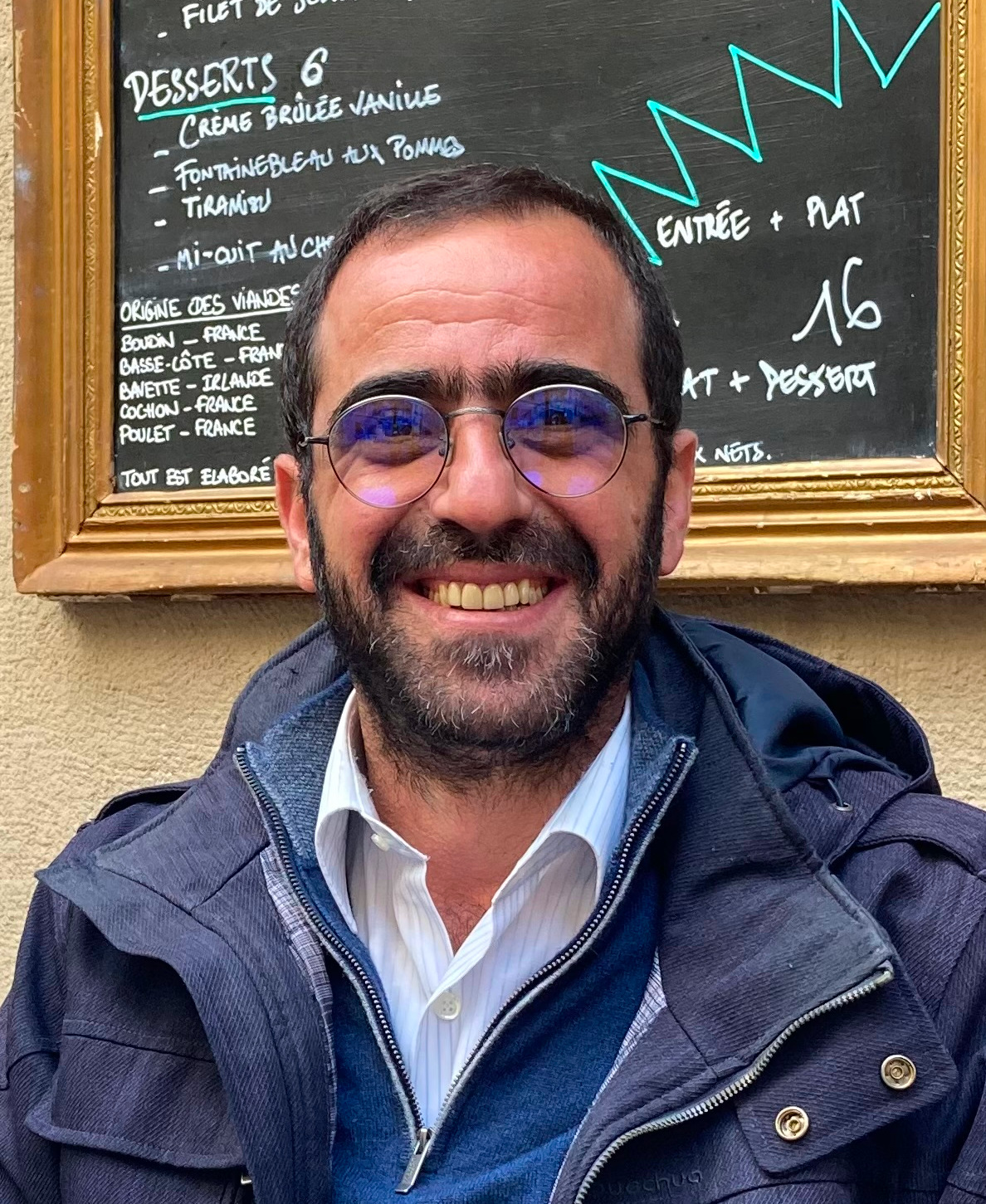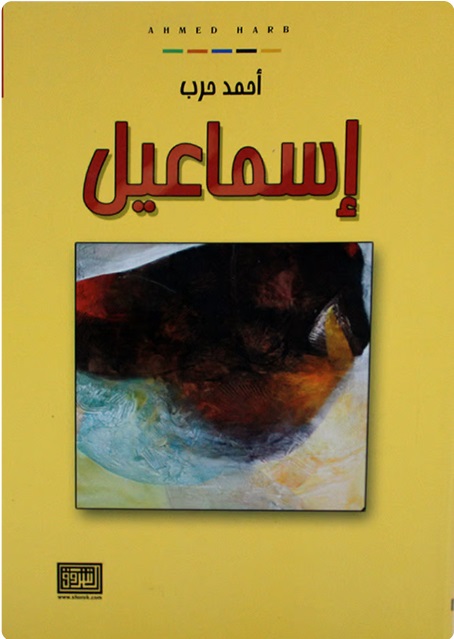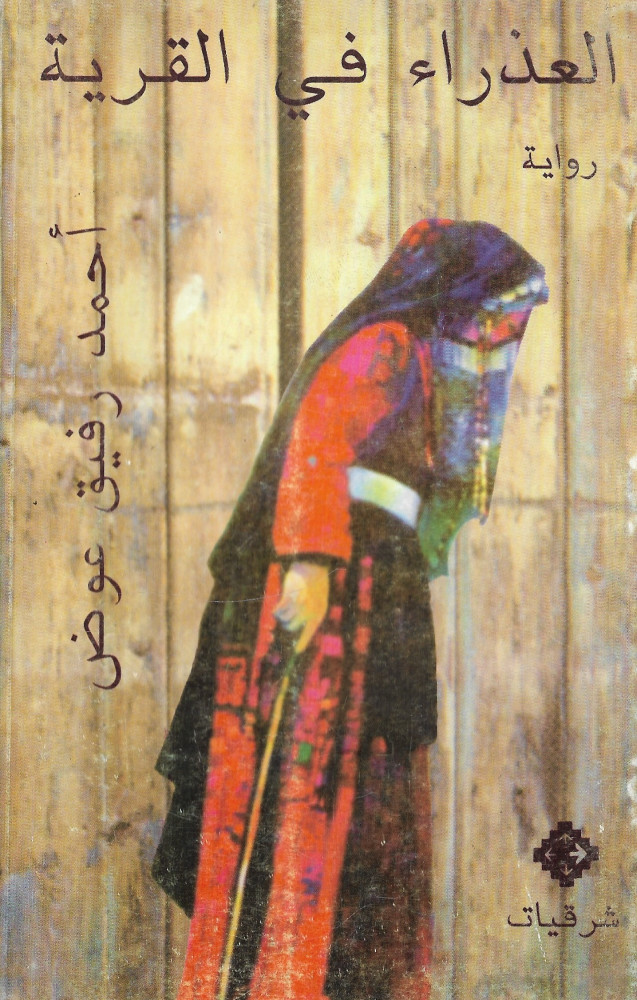Sbeih Sbeih has a doctorate in sociology and is a researcher affiliated with the IREMAM. He taught at Birzeit University in Ramallah and worked on culture and performance art in Palestine. His postdoctoral work focused on the production of the contemporary novel in Palestine.
Sbeih Sbeih
The research that LEILA jury member Sbeih Sbeih had carried out for his post-doctoral work on the new Palestinian novel was useful for his choices for LEILA as it’s not easy to get information about contemporary novels—many are quickly out of print or not distributed, he said.
Using his friends and social networks where he also follows Palestinians in exile who write in Arabic, he was able to pull together an overview of contemporary literary production.
“It’s hard to establish a balance, as there are more men writing than women,” said Sbeih. He picked authors who haven’t yet been translated and said his primary criteria was to find a novel that can offer a complex analysis of Palestinian society far from stereotypes. Beyond the literary quality, he sought how a novel reflected Palestinian reality.
Using criteria that required geographical and temporal variety, he chose books that cover several periods starting with the Nakba, the period between the Nakba and Oslo Accords, and the period post Oslo Accords. “I tried to vary the choices between writers from the Occupied Territories and Palestinian 48ers [those who live within the borders of the Israeli state founded in 1948]. I looked for a multiplicity of voices and novels that ask pertinent questions, that make you think.”
Books reviewed by
Sbeih Sbeih
-
Life in a Palestinian village that suddenly becomes a border town in 1948


